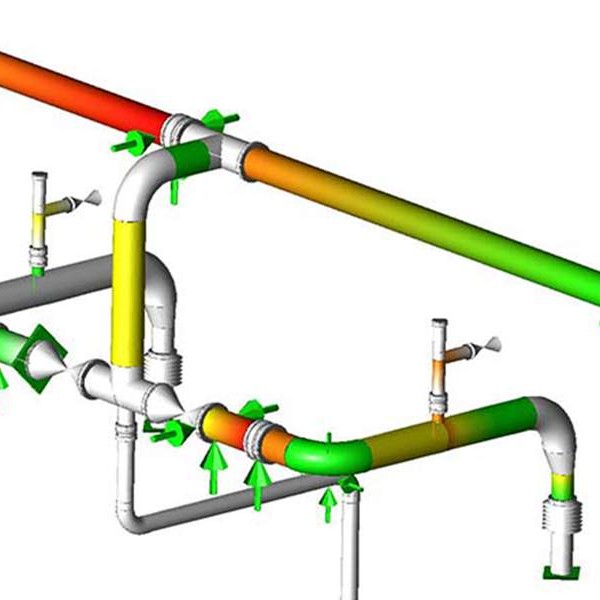
-
 Afrikaans
Afrikaans -
 Albanian
Albanian -
 Amharic
Amharic -
 Arabic
Arabic -
 Armenian
Armenian -
 Azerbaijani
Azerbaijani -
 Basque
Basque -
 Belarusian
Belarusian -
 Bengali
Bengali -
 Bosnian
Bosnian -
 Bulgarian
Bulgarian -
 Catalan
Catalan -
 Cebuano
Cebuano -
 China
China -
 China (Taiwan)
China (Taiwan) -
 Corsican
Corsican -
 Croatian
Croatian -
 Czech
Czech -
 Danish
Danish -
 Dutch
Dutch -
 English
English -
 Esperanto
Esperanto -
 Estonian
Estonian -
 Finnish
Finnish -
 French
French -
 Frisian
Frisian -
 Galician
Galician -
 Georgian
Georgian -
 German
German -
 Greek
Greek -
 Gujarati
Gujarati -
 Haitian Creole
Haitian Creole -
 hausa
hausa -
 hawaiian
hawaiian -
 Hebrew
Hebrew -
 Hindi
Hindi -
 Miao
Miao -
 Hungarian
Hungarian -
 Icelandic
Icelandic -
 igbo
igbo -
 Indonesian
Indonesian -
 irish
irish -
 Italian
Italian -
 Japanese
Japanese -
 Javanese
Javanese -
 Kannada
Kannada -
 kazakh
kazakh -
 Khmer
Khmer -
 Rwandese
Rwandese -
 Korean
Korean -
 Kurdish
Kurdish -
 Kyrgyz
Kyrgyz -
 Lao
Lao -
 Latin
Latin -
 Latvian
Latvian -
 Lithuanian
Lithuanian -
 Luxembourgish
Luxembourgish -
 Macedonian
Macedonian -
 Malgashi
Malgashi -
 Malay
Malay -
 Malayalam
Malayalam -
 Maltese
Maltese -
 Maori
Maori -
 Marathi
Marathi -
 Mongolian
Mongolian -
 Myanmar
Myanmar -
 Nepali
Nepali -
 Norwegian
Norwegian -
 Norwegian
Norwegian -
 Occitan
Occitan -
 Pashto
Pashto -
 Persian
Persian -
 Polish
Polish -
 Portuguese
Portuguese -
 Punjabi
Punjabi -
 Romanian
Romanian -
 Russian
Russian -
 Samoan
Samoan -
 Scottish Gaelic
Scottish Gaelic -
 Serbian
Serbian -
 Sesotho
Sesotho -
 Shona
Shona -
 Sindhi
Sindhi -
 Sinhala
Sinhala -
 Slovak
Slovak -
 Slovenian
Slovenian -
 Somali
Somali -
 Spanish
Spanish -
 Sundanese
Sundanese -
 Swahili
Swahili -
 Swedish
Swedish -
 Tagalog
Tagalog -
 Tajik
Tajik -
 Tamil
Tamil -
 Tatar
Tatar -
 Telugu
Telugu -
 Thai
Thai -
 Turkish
Turkish -
 Turkmen
Turkmen -
 Ukrainian
Ukrainian -
 Urdu
Urdu -
 Uighur
Uighur -
 Uzbek
Uzbek -
 Vietnamese
Vietnamese -
 Welsh
Welsh -
 Bantu
Bantu -
 Yiddish
Yiddish -
 Yoruba
Yoruba -
 Zulu
Zulu
FRP Desalination Pipe Systems and Components for Enhanced Water Treatment Efficiency
FRP Desalination Pipes and Fittings for Efficient Water Treatment
In recent years, the global demand for fresh water has surged due to population growth, industrialization, and climate change. As traditional freshwater sources dwindle, desalination has emerged as a vital technology for converting seawater into potable water. The efficiency of this process significantly depends on the materials used, especially when it comes to the pipes and fittings that transport the desalinated water. Fiberglass reinforced plastic (FRP) has gained prominence in this field, offering numerous advantages over traditional materials.
Understanding FRP
Fiberglass reinforced plastic (FRP) is a composite material made from a polymer matrix reinforced with glass fibers. This combination results in a lightweight, durable, and corrosion-resistant material that is ideally suited for various applications, including water treatment. FRP's inherent properties make it particularly advantageous in desalination processes, where exposure to saltwater and harsh chemicals is commonplace.
Benefits of FRP in Desalination
1. Corrosion Resistance One of the foremost benefits of using FRP for desalination pipes and fittings is its exceptional resistance to corrosion. Traditional metal pipes can suffer from rust and degradation due to prolonged exposure to saline environments, resulting in costly repairs and replacements. In contrast, FRP offers durability and longevity, significantly reducing maintenance costs.
2. Lightweight and Easy Handling FRP is significantly lighter than metal counterparts, making it easier to transport, install, and handle. This lightweight property can lead to lower installation costs and simpler logistics, particularly important in remote locations where desalination plants are often built.
3. High Strength-to-Weight Ratio FRP exhibits a remarkable strength-to-weight ratio, offering robust structural integrity without the cumbersome weight. This quality not only contributes to efficient installation but also means that the systems can support higher pressures, thus enhancing the overall efficiency of the desalination process.
4. Thermal Insulation FRP has excellent thermal insulation properties. This attribute is essential in desalination as it helps maintain the temperature of the fluid being transported, reducing energy consumption during the treatment process. By minimizing heat loss, FRP pipes help optimize energy efficiency, thereby supporting sustainable operation in water treatment facilities.
frp desalination pipes and fittings for efficient water treatment

5. Customizability Another significant advantage of FRP is its ability to be molded into various shapes and sizes. This flexibility allows for custom designs that can address specific requirements of different desalination plants, accommodating unique layouts and configurations.
Application in Desalination Plants
In desalination facilities, FRP pipes and fittings are commonly used for feed and product water lines, as well as in reverse osmosis systems. Due to their corrosion resistance and mechanical strength, they effectively handle high-pressure conditions and transfer of corrosive fluids without compromising performance.
Moreover, FRP components are critical in post-treatment systems where desalinated water is treated further for consumption standards. The adaptability of FRP allows for the integration of various fittings, valves, and connectors essential for complex piping systems.
Environmental Considerations
The use of FRP in desalination not only enhances operational efficiency but also aligns with environmental sustainability goals. With increasing pressures on freshwater resources, investing in effective water treatment solutions is crucial. By utilizing durable, energy-efficient materials like FRP, desalination processes can minimize environmental impacts, thereby fostering a more sustainable approach to managing water resources.
Conclusion
As the global community continues to confront the challenges posed by water scarcity, the role of desalination will undoubtedly expand. The integration of FRP pipes and fittings into desalination plants offers a promising solution to enhance efficiency and reliability in water treatment. With benefits including corrosion resistance, lightweight design, and thermal insulation, FRP stands out as a material of choice for modern desalination projects. Ultimately, embracing innovative materials like FRP can significantly improve the sustainability and effectiveness of water treatment, contributing to a brighter future in water resource management.









